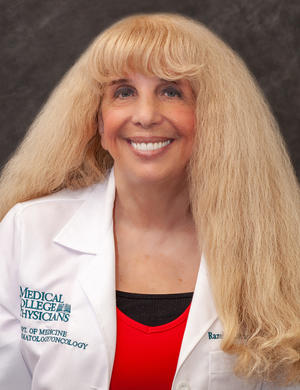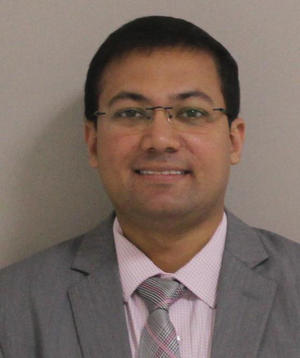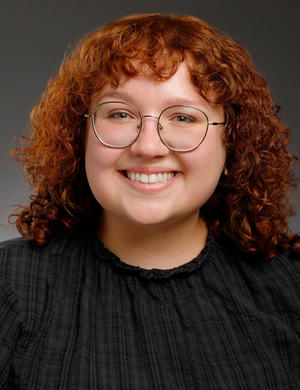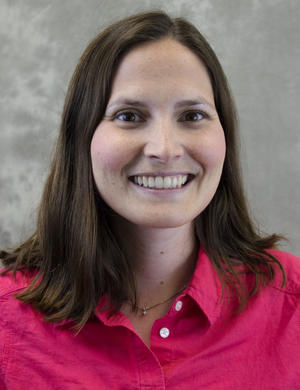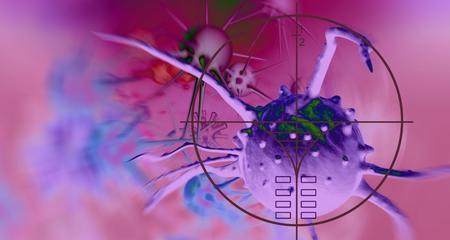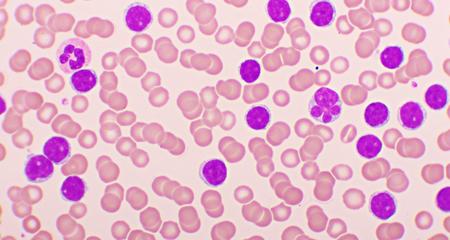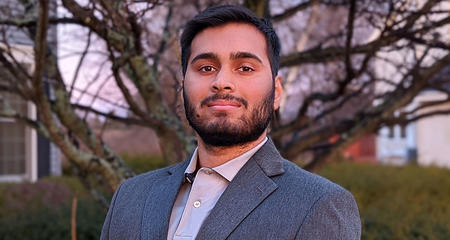A rare cancer is one that happens in fewer than 6 out of 100,000 people every year. As a group, rare cancers make up around 25% of all cancers.
Rare cancers aren’t rare to us. If you are newly diagnosed with a rare cancer or have an advanced cancer that has not responded to standard treatments, you can be confident in choosing our team of internationally recognized physicians.
Our Rare Cancer and Precision Medicine Clinic brings together a team of highly experienced specialists in rare tumors who have particular expertise in evaluating the molecular alterations associated with these tumors. The team works in tandem with doctors from the Cancer Network’s disease-specific programs when patients with rare or advanced cancers need more options. These specialists apply precision medicine therapies as appropriate, along with more traditional treatment approaches individualized to each patient.
We are also happy to provide second opinions. Getting a second opinion is appropriate when you want to find new treatment options, confirm a treatment plan is the right one or even mid-treatment to make sure you’re going down the right path. You may also seek a second opinion if standard treatments aren’t working to eliminate your cancer.
Why Are Rare Cancers Hard to Treat
Many factors make a rare cancer harder to treat.
- It can take a long time to diagnose.
- It’s hard to find a doctor who knows a lot about a particular rare cancer and how to treat it.
- Your oncologists may not agree on how to treat your cancer because they may not know a lot about it — they may not have treated a patient with it before.
- To find the right doctor to treat your rare cancer, you may have to travel far from home.
- Your doctor may not know who is an expert in your rare cancer that he or she can refer you to.
- There may be fewer or no FDA-approved drugs for a rare cancer and limited or no clinical trials for a rare cancer.
- There may be little available information, even in medical journals, about a specific rare cancer to generate ideas on how to treat it.
- Researchers may lack tumor tissue to further their research.
- If there is an idea of a drug or combination of drugs that might work for a rare cancer, it can be hard to find enough patients with the cancer to test the idea in a clinical trial.
Using Precision Medicine to Diagnose Rare Cancers
Genetic studies and large groups of data like the All of Us study, can point to an uncommon diagnosis — or may reveal your risk of developing other types of cancer. We carefully analyze tumors using molecular profiling (a type of genetic study) to produce an accurate diagnosis that informs the treatments that will be most effective for your specific cancer. We also use large data sets to help reveal patterns, relationships and other insights that can help guide treatment.
Cancers Treated in the Rare Cancer and Precision Medicine Clinic
Any patient with a rare/ultra-rare tumor or a tumor with an unusual molecular profile may be evaluated in our Rare Cancer and Precision Medicine Clinic. The team also sees patients who have advanced cancers that don’t respond to standard treatment.
Some examples of cancers we treat include:
- Fibrolamellar cancer
- Erdheim Chester disease
- Ameloblastoma
- Sarcomatoid lung cancer
- Epithelioid hemagioendothelioma
- Castleman disease
- Hepatoblastoma
- PEComa
- Embryonal sarcoma of the liver
- Merkel cell cancer
- Hyalinizing clear cell carcinoma
- Metastatic basal cell cancer
- Neuroblastoma (adult)
- Mucinous adenocarcinoma
- Chordoma
- Malignant giant cell tumors
- Paraganglioma
- Adenoid cystic carcinoma
- Phyllodes tumors
To optimally treat rare cancers, our treatment approach encompasses all aspects of cancer care, including standard therapies like surgery, radiation therapy and chemotherapy. We also emphasize precision medicine treatments including immunotherapy and gene-directed, targeted therapies based on the unique molecular signature of your tumor.
Experts in Rare Cancer
Our rare cancer experts include world-renowned specialists who are highly respected in their fields not only for advancing developments in precision medicine but also for their leadership in designing clinical trial programs and research in genomics and genomic testing. They may offer the greatest opportunity for successful treatment because they know about and are able to provide options not widely available. Options may include unique combinations of medications for your cancer and clinical trials from the largest cancer clinical trials treatment program in the state.
We are a high-volume cancer treatment network with specialists who are experienced with diagnosing and treating rare and advanced cancers. You benefit from the input of not just one doctor, but from a multidisciplinary team of experts from all relevant specialties. They meet in disease-specific cancer conferences and collaborate to determine the most effective approach to treating your cancer. As an academic medical center, our investments in cancer research, clinical trials and precision medicine are helping accelerate treatment breakthroughs for rare and advanced cancers — so we can deliver the right care when you need it most.
Rare Cancer and Precision Medicine Experts
Recognized as High Performing by U.S. News & World Report
Froedtert Hospital is recognized by U.S. News & World Report as high performing in three adult specialties and 16 procedures and conditions, including cancer.

